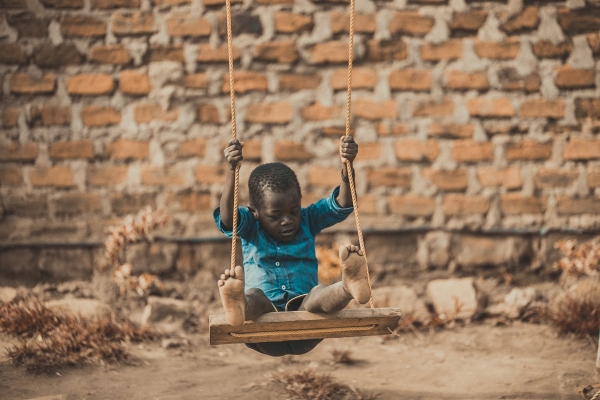The July 2021 United Nations International Children's Emergency Fund (UNICEF) ’s report on the humanitarian crisis plaguing South Sudan highlights how children are particularly affected by this dismaying situation, with approximately 4.5 million children –four out of every five children in the country- deprived of their basic human rights. Indeed, although South Sudan ratified the Convention on the Rights of the Child in 2015, children’s needs are still massively overlooked, leading to the impairment of their physical and psychological development. This reality is the consequence of the protracted hostilities and vulnerabilities of the domestic political system, which brought about a bewildering lack of goods and services in the region. It goes without saying that these difficulties have been further accentuated by the Covid-19 emergency, which plunged the population into even more suffering and torment. Moreover, it is worth recalling that South Sudan endures Africa’s worst refugee crisis, with roughly 3.8 million people displaced inside and outside the borders of the country. Out of these 3.8 million people, it has been estimated that more than half are minors. Against this backdrop, terrific efforts have been made by humanitarian actors throughout the last decade in order to deliver aid and support to South Sudanese children, helping them and their families to cope with the constraints they have been enduring on a daily basis. Despite the importance of these activities, the fundamental needs and rights of the minors living in South Sudan are not met, giving rise to several concerns about the future of the country.
Most children in South Sudan lack access to food, drinkable water, proper shelter and medical services. Subsequently, they are frequently exposed to malaria, pneumonia and other vaccine-preventable diseases, leading often to infantile death. As to that, one out of 10 children dies before turning five years old. In addition to the risks related to malnutrition and disease, the report emphasizes how children are often victims of sexual violence and physical assaults while carrying out errands, such as collecting water and firewood.
As far as the right to education is concerned, the pandemic-related restrictions caused many schools to shut down, exacerbating the national education crisis affecting the country. Whereas both boys and girls have been equally deprived of the right to access their classrooms, it must be borne in mind that female children have been disproportionately affected by the current situation in comparison to their male counterparts. Indeed, since the closure of schools, girls have been exposed to a dramatic increase of sex and gender-based violence, such as rape and forced marriage. As an aftermath of these crimes, several female victims have become mothers and now their childcare duties have replaced their education rights, making the return to school highly unlikely for them.
In light of such an appalling scenario, Unicef has underscored the urgent need of increasing humanitarian aid for South Sudanese children, urging private donors and institutions to commit themselves to longer-term programmes through multi-year funding, in order to deliver a more effective support to the population. Additionally, the report flags up the States’ obligations under the aforementioned Convention on the Rights of the Child, calling for the South Sudanese government to take all the feasible measures to improve children’s living conditions.
Sources:
https://www.unicef.org/southsudan/media/8076/file/South%20Sudan%20Child%20Crisis%20Report.pdf
Author: Gianpaolo Mascaro; Editor: Jasmina Saric







